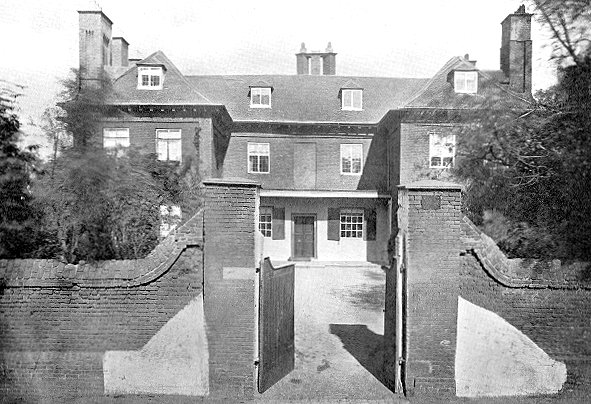|
Family background
The Molineux family first came to
these shores soon after the Norman Conquest in 1066.
Some family members assisted Duke William of Normandy
during the Battle of Hastings, and were given land in
Lancashire as a reward for their service.
The Molineux name refers the
family’s original home in Normandy; Molineaux-Sur-Seine,
near Rouen. The Lancashire family, who were lords of the
manor of Sefton, became large land owners, and extremely
wealthy. They built Croxteth Hall in 1575, which became
their family residence. They also owned the Abbeystead
estate in Lancashire, which was mainly used for hunting
and recreation.
There are several variations in the
family name such as Molyneux, and Molyneaux, simply
because language was not standardised until recent
times. Sir Richard Molyneux (1594-1636), first baronet,
became a member of the peerage of Ireland when he was
given the title of Viscount Molyneux, of Maryborough, on
22nd of December, 1628. The 8th Viscount Molyneux, of
Maryborough, Charles William Molyneux (1748–1794),
became the 1st Earl of Sefton.
There were many branches of the
family who lived in other parts of the country,
including Yorkshire, Nottinghamshire, Derbyshire,
Sussex, London, and Ireland.
The
local family
The local branch of the family is
first recorded in Willenhall in the second half of the
17th century. It is believed that they came from a
branch of the family in Nottinghamshire. Richard Molineux, a yeoman farmer, and his
wife Mary had two sons and three daughters; Thomas,
baptised on 26th July, 1669; Richard, baptised on 10th
September, 1685; Margaret; Mary; and Elizabeth. His business thrived and he soon
became a wealthy man.
Margaret married William Wood on
22nd February, 1690. They lived in the Deanery, which
stood in Wulfruna Street, Wolverhampton, where the
University is today. William, described as a chapman,
ironmonger, and iron factor was famous for the minting
of his ‘Wood’s halfpence’ coins.

The Deanery in Wulfruna Street,
Wolverhampton, once the grandest building in the town.
Mary died on 10th October, 1696,
and Richard soon married his second wife Hannah. They
had six sons and a daughter: John, Daniel, William,
Thomas, Joseph, Richard, and Hannah. Richard Molineux
died on 24th April, 1723.
Daniel settled in Dublin where he
became an iron merchant. His daughter Hannah married
Thomas Marston of Willenhall in 1756.
Their second son Richard moved to
London, where he set himself up in business in Cateaton
Street, and became a local councillor.
Margaret died on 25th August, 1791
at the age of 82, and was buried in the family vault
built by Richard Molineux at Tettenhall. |